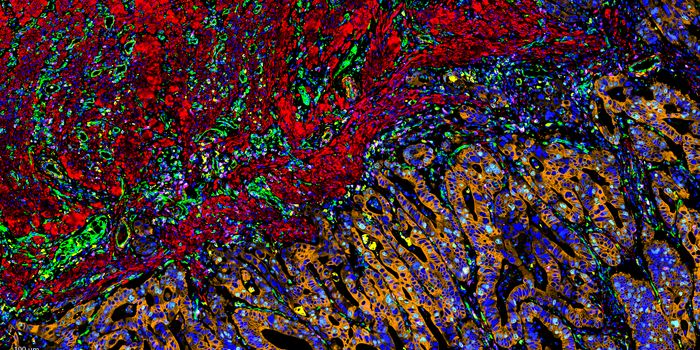Renal Cell Carcinoma and Myelodysplastic Syndrome Show Epigenetic Association

Epigenetics, as a field, is being embraced and has been studied for numerous years. The term “epigenetics” has been around for nearly three quarters of a century, being coined in 1942 by a British developmental biologist named C.H. Waddington. Some of the genetic underpinnings of heritable changes in gene expression are known but much, as of yet, is less well understood. Studies have shown that the modification of gene expression results in a variety of conditions that can be congenital or acquired. The most studied epigenetic change is DNA methylation whereby a methyl group is covalently transferred to the C-5 position of the cytosine ring within a strand of DNA. DNA methylation can occur within any area of the genome on any given cytosine in mammals; however, most of the methylation takes place in CpG dinucleotide regions which are sequences of DNA with a cytosine (C) nucleotide followed by guanine (G) molecule connected by a phosphodiester bond (“p”).
In RCC and some myeloid cancers, there is atypical DNA hypermethylation in those CpG regions within tumor suppressor gene promotor regions which inactivate many cellular pathways which lead to cancer. The researchers at the Mayo Clinic used an explorer database and the Dusseldorf MDS registry to identify patients with a history of both RCC and hematologic malignancies including MDS. They analyzed clinical features and long-term outcomes; 59 patients were identified as having both RCC and a myeloid malignancy history. Out of the total, 38 of 59 patients had MDS diagnoses; there was a predominant male to female ratio with a nearly 4.5 times likelihood of a male versus female developing a myeloid malignancy after RCC. The researchers documented a strong association between RCC and MDS with RCC being the initial diagnosis at a median age of 64 with further development of a MDS in their mid-seventies. The group concluded that patients with a history of RCC appear to have a significant risk of a MDS emerging later in life compared to the overall population.
Sources: Clinical Genitourinary Cancer, Cold Spring Harbor Perspectives, Environmental Health Perspectives, Genes and Cancer, Oncogene,









